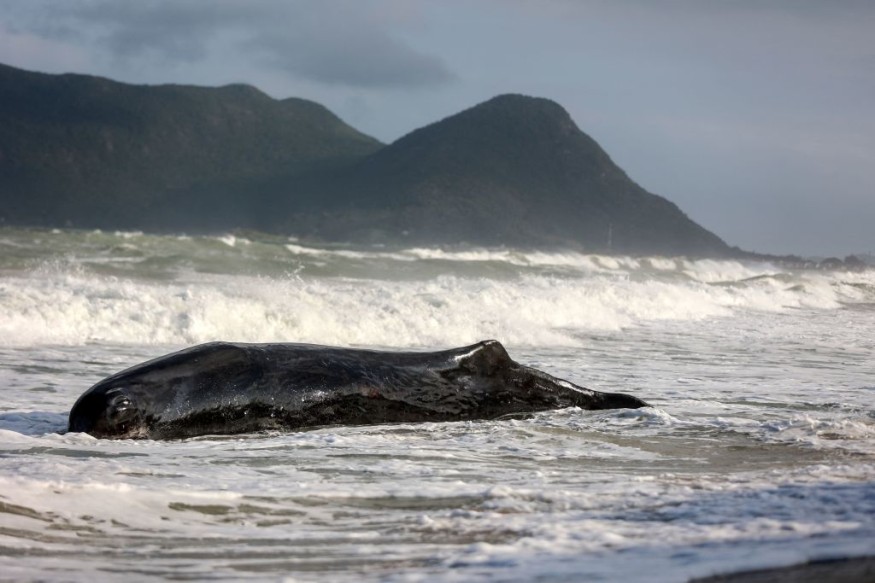Climate change is affecting the biophysical and chemical aspects of marine and coastal ecosystems, owing to rising sea levels, increased natural disasters, and ocean acidification.
Marine protected areas are directly impacted by climate change because the ocean has absorbed more than 90% of the surplus heat from greenhouse gas emissions.

Dominica Created Marine Protected Area For Sperm Whale
Dominica, a tiny Caribbean island, is establishing the world's first marine protected area for one of the planet's largest animals: the endangered sperm whale.
The Dominican government said that about 300 square miles (800 square kilometers) of royal blue waters on the western side of the island nation that serve as important nursing and feeding grounds will be established as a reserve.
Prime Minister of Dominica, Roosevelt Skerrit, said in a statement that they want to ensure these majestic and highly intelligent animals are safe from harm and continue keeping their waters and our climate healthy.
According to scientists, the reserve would not only safeguard the creatures but would also aid in the fight against climate change.
Sperm whales defecate near the top because non-vital functions are turned off when they dive to depths of up to 10,000 feet (3,000 meters).
As a result, nutrient-rich feces remain on the ocean surface, causing plankton blooms to form, which trap carbon dioxide from the atmosphere and pull it to the ocean floor when they die.
Furthermore, sperm whales in Dominica are believed to defecate more than whales elsewhere.
It is unknown why sperm whales defecate more frequently in Dominica; however, experts speculate that it could be because they are eating twice as much or that there is something special about the type of squid they are consuming.
"In some respects, sperm whales are fighting climate change on our behalf," said Shane Gero, a whale biologist and founder of the Dominica Sperm Whale Project, a research program focused on sperm whales in the eastern Caribbean.
Fewer than 500 sperm whales are thought to exist in the waters around Dominica, as part of a group that migrates along the Lesser Antilles chain, traveling as far south as St. Vincent and as far north as Guadeloupe.
Sperm whales in the eastern Caribbean, unlike those elsewhere in the world, do not travel far, according to Gero.
Climate Resilience
An international team has created the first complete framework for establishing networks of marine protected areas to aid fragile species in their survival as climate change causes habitat degradation.
The researchers offered guidelines for governments to provide long-distance larval drifters, such as urchins and lobsters, as well as migratory species, such as turtles and sharks, with protected stopovers along coastal corridors in a report published on Oct. 26 in One Earth.
The guidelines are issued at a key juncture in history, as nearly every government in the world has pledged to safeguard 30% of land and sea by 2030.
Marine protected areas and comparable conservation measures on land reconnect habitats that have been fragmented by generations of human development or that have been torn up sporadically by wildfires and heat waves.
"Until now, marine protected areas have been designed for biodiversity conservation, but not necessarily for climate resilience. They suffer from climate impacts but aren't designed to endure them," said Arafeh-Dalmau, a postdoctoral scholar in the Oceans Department at the Stanford Doerr School of Sustainability.
Related Article : Scientists Want Antarctica Peninsula to Become a Marine Protected Area
© 2025 NatureWorldNews.com All rights reserved. Do not reproduce without permission.





